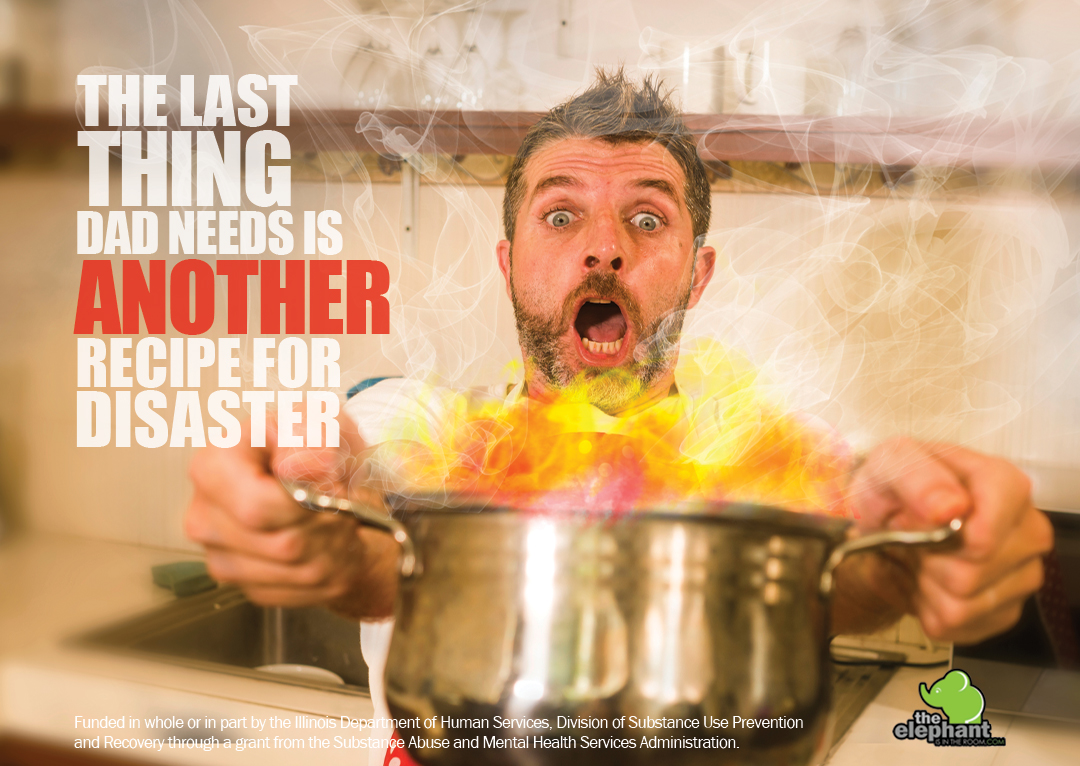- Have any questions?
- contact@theelephantisintheroom.com

HERE’S A TIP
January 5, 2022
Stick to the Basics
August 17, 2022
DON'T GET BURNED.
According to drugfree.org: “Rules provide a concrete way to let your child understand what’s expected of him or her and to learn self-control. Don’t just assume they “know” you don’t want them to drink or do drugs. Teens and young adults don’t deal well with gray areas, so when they’re offered alcohol or drugs, you don’t want any confusion in their minds.
Establish rules and consequences. Rules are a signal to your child that you care about them and his or her safety. And consequences are way of helping — not hurting — them. A firm consequence, such as getting grounded or having to give up a fun privilege, is a reminder of what not to do in the future.
When you lay out rules and consequences, be very clear – make sure your child understands the limits you’ve set before there’s an opportunity to do something wrong. One great way to do this is to actually write out your expectations for one another (being home before curfew, getting a ride home from a party if things get out of hand), and to jointly sign off on them.”
Prevent future fires by being really clear about your rules and holding your kids accountable when there are consequences.
Funded in whole or in part by the Illinois Department of Human Services, Division of Substance Use Prevention and Recovery through a grant from the Substance Abuse and Mental Health Services Administration.
